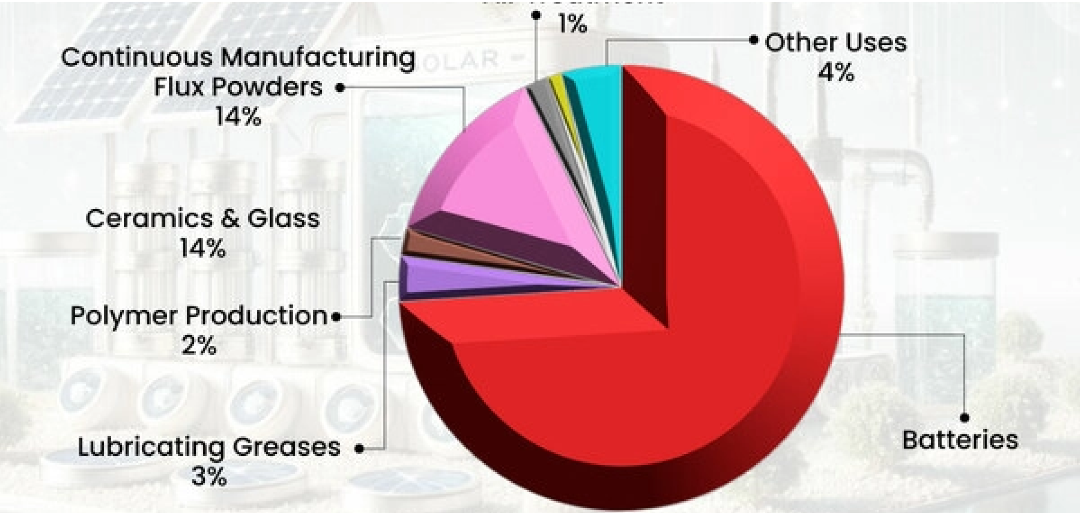Bridging Healthcare Data Gaps and the Growing Importance of Strategic Interventions
The current National Family Health Survey data has prompted various concerns about the sex-ratio data's dependability. While data has a distributive influence, it predominantly affects the poor. At 65%, India has a high out-of-pocket expenditure (OOPE). The Economic Survey states that a high OOPE creates a "significant risk for vulnerable groups slipping into poverty due to catastrophic health expenditures." The quality of data, as well as the nature of interventions informed by it, thus have a significant impact on equity. For instance, erroneous data on improved sex ratio may weaken the case for incentives to fund girl children under Beti-Bachao Beti Padhao.
In India, there is an insufficient data collection infrastructure and a demand for data for strategic interventions such as healthcare. In general, such data-driven solutions are within the technical and financial capabilities of the private sector. As big data has grown in popularity, the business sector and civil society have gained the capacity to collect and implement evidence-based policy. The PPP approach may be a viable solution to this problem. National news has been saturated with controversy about the veracity of the NFHS. When the focus moves to one or two data points that appear, the debate becomes uneven. There has been much discussion concerning the most recent National Family Health Survey - 5 data on sex ratio. For the first time, but since NFHS began in 1992, women outnumbered men, with 1,020 women for every 1,000 men. However, analysts believe that previous trendlines and other data sources do not support this argument. The NFHS, on the other hand, is regarded as one of the most dependable health data sources and serves as the foundation for various policy choices. Regardless of the outcome of the current dialectic, strive to address a broader structural issue.
While public policy data cannot be perfect, it must meet basic standards of validity, reliability, and completeness for any policy decision to be based on it. Furthermore, each data exercise must have specific goals and a solid methodology. For instance, the NFHS is a household-level sample survey, so it may not be the greatest data source for calculating national sex ratios. However, India has consistently struggled with healthcare data. Even beyond the NFHS, data is frequently several years behind and is based on ineffective top-down assessments at the local and community levels.

